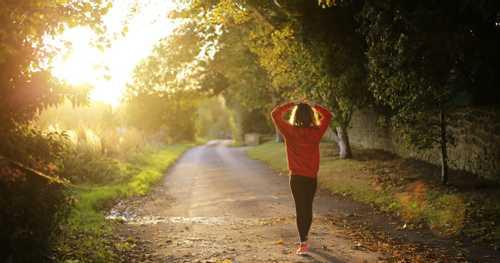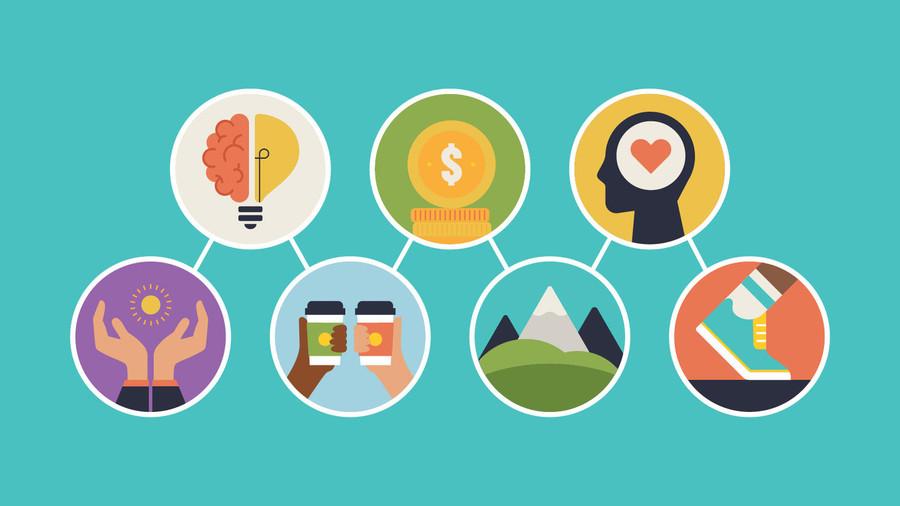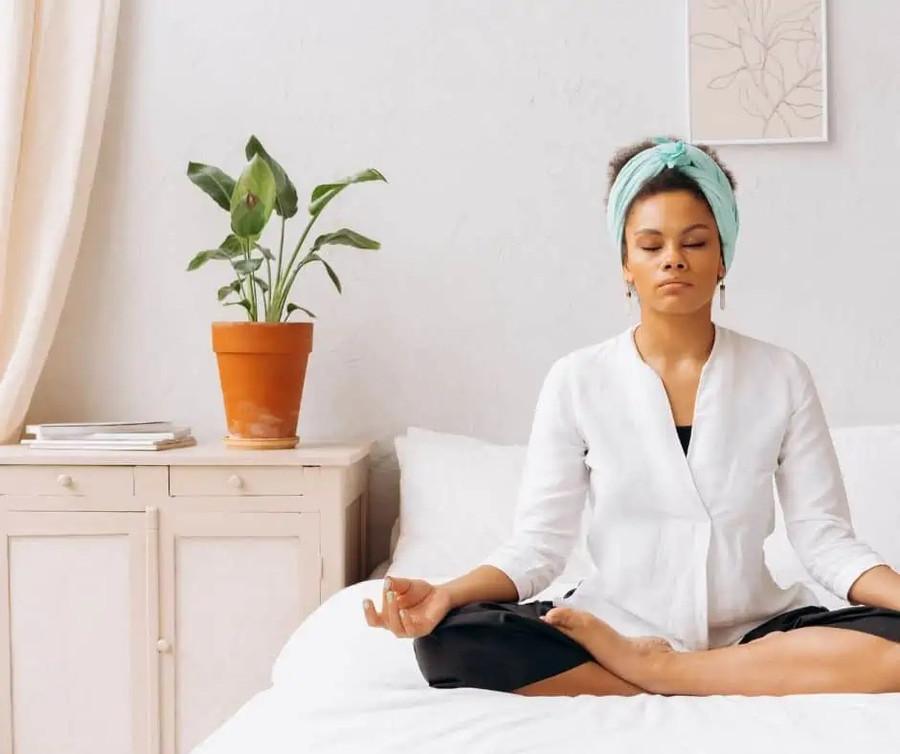How Minimalism Can Help You Find Wellness
Curated from: becomingminimalist.com
Ideas, facts & insights covering these topics:
9 ideas
·7.9K reads
29
Explore the World's Best Ideas
Join today and uncover 100+ curated journeys from 50+ topics. Unlock access to our mobile app with extensive features.
The Seven Pillars of Wellness:
- Spiritual Wellness
- Physical Wellness
- Financial Wellness
- Emotional Wellness
- Intellectual Wellness
- Environmental Wellness
- Social Wellness
333
1.66K reads
Spiritual Wellness and Minimalism
Spiritual wellness is not about any specific faith, but about fostering a sense of inner peace and harmony, while conducting activities that supports one's beliefs and values.
Minimalism, at its core, is about alignment with our core values, while removing distractions. Minimalism contributes significantly to spiritual wellness by directing our finite resources of time, money and energy towards the things that matter to us the most.
239
1.1K reads
Minimalism and Physical Wellness
Physical wellness is about developing healthy habits and minimizing any risky behaviors, which can affect our well-being.
Minimalism encourages physical wellness by making healthier eating choices, avoiding any unnecessary eating, focusing on an active lifestyle, and removing physical clutter from our surroundings.
197
989 reads
Minimalism and Financial Wellness
Financial wellness is about recognizing our financial situation and our relationship with money so that we can make rational decisions.
Minimalism by nature propagates buying less and being able to live on less money. This can make us get out of debt, get ahead financially, and give more to society. Minimalism also makes it possible to see where our money is going, so we can optimize accordingly.
195
797 reads
Minimalism and Emotional Wellness
Emotional wellness is about understanding yourself and being emotionally balanced.
Minimalism makes us focus on what we value the most by eliminating everything that distracts us. This helps us understand ourselves because, after the process of removing possessions from our lives, we have the space to dig deep into our hearts.
194
728 reads
Minimalism and Intellectual Wellness
Intellectual wellness is about spurring a sense of curiosity by exposing yourself to new experiences, concepts, and ideas that are mentally stimulating and creative.
Minimalism opens the pathway towards intellectual wellness, by providing us an opportunity to experience new ways of living, which were unknown to us before, under the usual garb of comforts.
180
700 reads
Minimalism and Environmental Wellness
Environmental wellness is about protecting and sustaining your surrounding environment to promote health and well-being.
Minimalism contributes to environmental wellness because when we purchase and consume less, we are living a life that is better for the atmosphere around us. The more we donate and discard our possessions, the more it is used for recycling and reuse, helping save the environment.
171
608 reads
Minimalism and Social Wellness
Social wellness is about making meaningful connections with people, taking an active part in your community and sustaining positive relationships.
Minimalism frees us to experience the company of others, as we have ample time and space to spend time with our family and children, instead of chasing, accumulating and caring for unneeded possessions.
171
588 reads
Minimalism and Happiness
Minimalism provides a pathway to happiness and living a meaningful life, as it supports and encourages each of the seven wellness pillars.
It recognizes that lasting happiness and fulfillment cannot be found in material possessions.
176
722 reads
IDEAS CURATED BY
Black Stripes's ideas are part of this journey:
Learn more about personaldevelopment with this collection
The role of coffee in social interactions
Different types of coffee and their preparation
The impact of coffee on society and economy
Related collections
Similar ideas
4 ideas
The Pitfalls and the Potential of the New Minimalism
newyorker.com
5 ideas
Minimalism
jamesclear.com
7 ideas
The joy audit: how to have more fun
theguardian.com
Read & Learn
20x Faster
without
deepstash
with
deepstash
with
deepstash
Personalized microlearning
—
100+ Learning Journeys
—
Access to 200,000+ ideas
—
Access to the mobile app
—
Unlimited idea saving
—
—
Unlimited history
—
—
Unlimited listening to ideas
—
—
Downloading & offline access
—
—
Supercharge your mind with one idea per day
Enter your email and spend 1 minute every day to learn something new.
I agree to receive email updates




